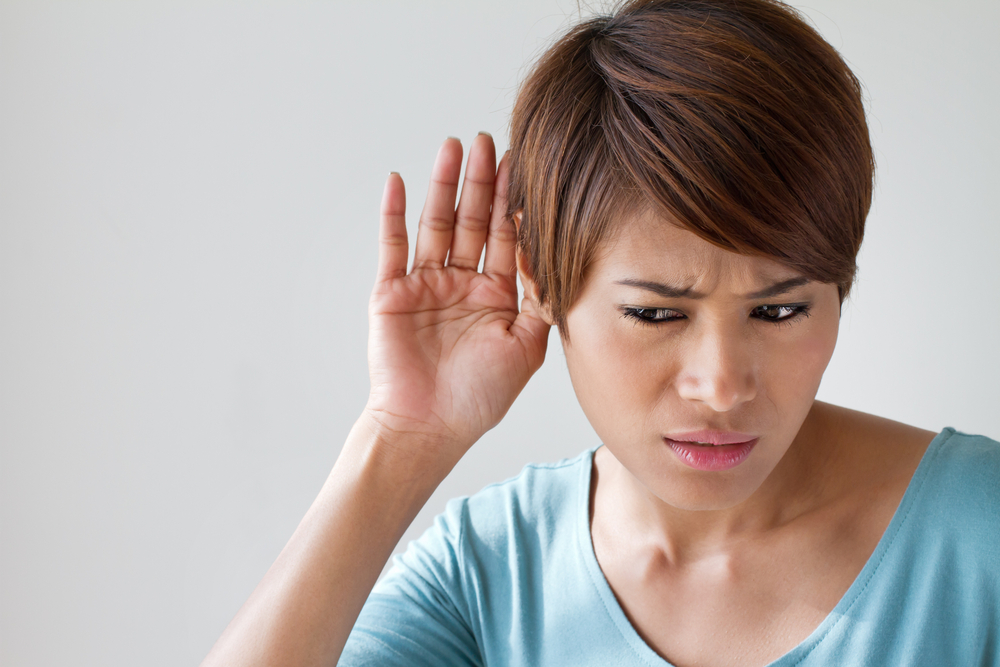Hearing loss is the result of sound signals not reaching the brain. It is a common problem that often develops with age or is caused by repeated exposure to loud noises.

Hearing loss is the result of sound signals not reaching the brain. It is a common problem that often develops with age or is caused by repeated exposure to loud noises.
There are two main types of hearing loss, depending on where the problem lies:
It’s also possible to have both these types of hearing loss. This is known as mixed hearing loss.
Some people are born with hearing loss, but most cases develop as you get older.
Hearing loss can occur suddenly, but usually develops gradually. General signs of hearing loss can include:
DIAGNOSIS
See your GP if :
Your GP can check for any problems and may refer you to an audiologist (hearing specialist) or an ENT surgeon for further tests.
TREATMENT
Hearing loss is treated depending upon the cause and severity.
Sensorineural hearing loss– the following may improve a person’s ability to hear and communicate.
Conductive hearing loss– is sometimes temporary and can be treated with medication or if necessary a minor surgery. However, major surgery may be required to fix the ear drum or hearing bones. If conventional hearing aids don’t work, there are also some implantable devices for this type of hearing loss, such as a Bone Anchored Hearing Aids (BAHAs).
Overview and FactsTypes and SymptomsDiagnosis & MedicationsOverview and Facts Referred pain is a phenomenon where pain is perceived at a [...]
Overview and FactsTypes and SymptomsDiagnosis & MedicationsOverview and Facts Quinoline yellow is a synthetic food colorant commonly used in the [...]
Overview and FactsTypes and SymptomsDiagnosis & MedicationsOverview and Facts Pneumothorax is a condition characterized by the presence of air in [...]